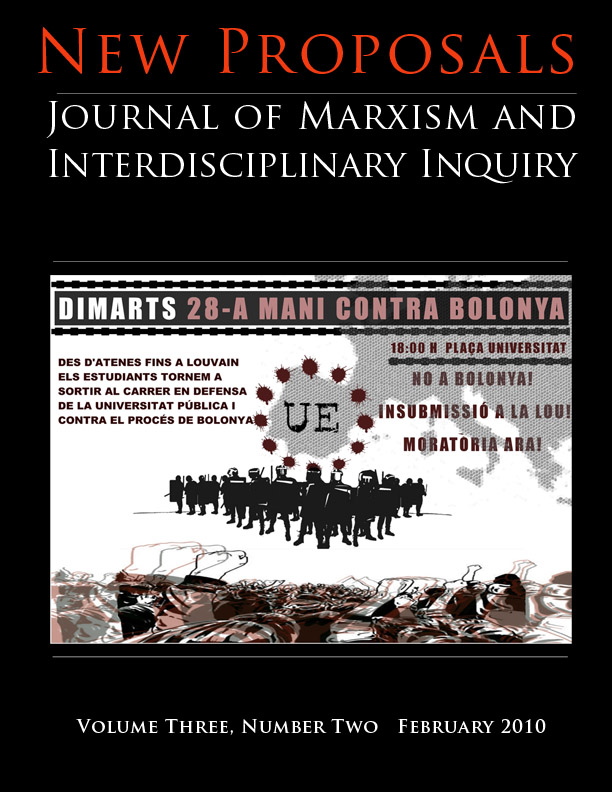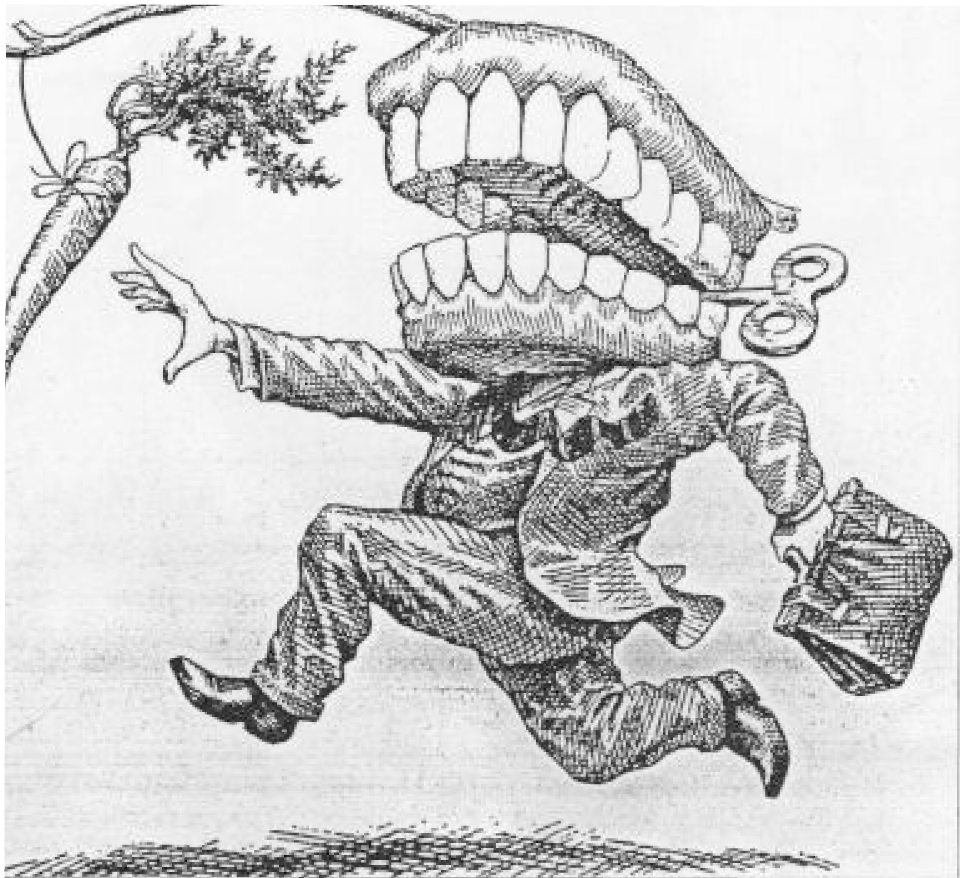A Return to Educational Apartheid? Critical Examinations of Race, Schools, and Segregation
A Critical Education Series
The editors of Critical Education are pleased to announce our second editorial series. This current series will focus on the articulation of race, schools, and segregation, and will analyze the extent to which schooling may or may not be returning to a state of educational apartheid.
On June 28, 2007, the Supreme Court of the US by a 5-4 margin voted to overturn Jefferson County’s four decade old desegregation plan. The Meredith case from Jefferson County was conjoined with the Parents Involved in Community Schools case from Seattle, WA, for which a group comprised primarily of white parents from two neighborhoods alleged some 200 students were not admitted to schools of their choice, based on “integration tie-breakers,” which prevented many from attending facilities nearest to their homes.
In Justice Roberts plurality opinion, he argued, “The parties and their amici debate which side is more faithful to the heritage of Brown [v. Board of Education, 1954] , but the position of the plaintiffs in Brown was spelled out in their brief and could not have been clearer: ‘The Fourteenth Amendment prevents states from according differential treatment to American children on the basis of their color or race’. What do racial classifications at issue here do, if not accord differential treatment on the basis of race?” And, later, “The way to stop discrimination based on race is to stop discrimination on the basis of race.”
Aside from the fact that the plaintiff in the Louisville case ultimately won her appeal in the Jefferson County system, placing her white child into precisely the school she wanted based on her appeal to the district, demonstrating that the system worked, it is the goal of this series to investigate the extent to which Justice Roberts and the other concurring justices have taken steps to erode the civil rights of the racially marginalized in order to serve the interests of the dominant racial group. It took just a little over 50 years (of monumental effort) to get a case to the Supreme Court to overturn Plessy v. Ferguson. Now, has it taken just a little over 50 years to scale that decision back with the overturning of voluntary desegregation plans in Jefferson County and Seattle School District 1?
In 2003, with a different make-up, the Supreme Court foreshadowed this 2007 verdict by rendering a ‘split decision’ regarding the University of Michigan admission policies. In the Gratz v. Bollinger case, the Supreme Court decided 6-3 that the University of Michigan needed to modify their admission criteria, which assigned points based on race. However, in the Grutter v. Bollinger case, the Supreme Court decided 5-4 to uphold the University of Michigan Law School’s ruling that race could be one of several factors when selecting students because it furthers “a compelling interest in obtaining the educational benefits that flow from a diverse student body.”
In Jonathan Kozol’s 2005 sobering profile of American education, Shame of the Nation: The Restoration of Apartheid Schooling in America, a lamenting follow-up to his earlier work, Savage Inequalities, he already began to illustrate the retrograde process many public school systems have undergone related to racial balance. His critique of these pre-Brown-like-segregation systems was balanced, ironically, by rather effusive praise of the Jefferson County system, which attempted to keep this balance in check. Does the 2007 decision remove this one shining example?
Though the course toward educational apartheid may not be pre-destined, what is the likelihood that the “path of least resistance” will lead toward racial separation? How does the lingering legacy of residential segregation complicate this issue? What connections can we draw to and/or how might further racial segregation exacerbate issues of poverty or unemployment? Further, where do race and class collide? And, where is a more distinct analysis necessary? Finally, what can we surmise about the ongoing achievement gap if, in fact, apartheid schooling is afoot?
Undoubtedly, at worst, this decision could prove to be a harbinger for the death of a waning democracy. Without a compelling public education that helps all our children become critical consumers and citizens, what kind of society might we imagine for ourselves? At best, though, this decision could marshal the sensibilities of a critical cadre of educators, social workers, health care workers, activists, attorneys, business leaders, etc. to stand in resistance to the injustice that is becoming our nation’s public school system.
In an LA Times opinion piece a few days before this 2007 decision, Edward Lazarus argued, “Although they may have disagreed about Brown’s parameters, most Americans coalesced around the decision as a national symbol for our belated rejection of racism and bigotry. Using Brown as a sword to outlaw affirmative action of any kind would destroy that worthy consensus and transform it into just another mirror reflecting a legal and political culture still deeply fractured over race.” As Allan Johnson (2006), in Privilege, Power, and Difference, claims, there can be no healing until the wounding stops. Likewise, paraphrasing Malcolm X’s provocation about so-called progress, he reminded us that although the knife in the back of African-Americans may once have been nine inches deep, that it has only been removed a few inches does not indicate progress. Will this decision plunge the knife further?
Series editors Adam Renner (from Louisville, KY) and Doug Selwyn (formerly of Seattle, WA) invite essays that treat any of the above questions and/or other questions that seek clarity regarding race, education, schooling, and social justice. We seek essays that explore the history of segregation, desegregation, and affirmative action in the US and abroad. While we certainly invite empirical/quantitative research regarding these issues, we also welcome more qualitative studies, as well as philosophical/theoretical work, which provide deep explorations of these phenomena. We especially invite narratives from parents or students who have front line experience of segregation and/or educational apartheid. Additionally, and importantly, we seek essays of resistance, which document the struggle for racial justice in particular locales and/or suggestions for how we might wrestle toward more equitable schooling for all children.
Please visit Critical Education for information on submitting manuscripts.
Also feel free to contact the series editors, Adam Renner (arenner@bellarmine.edu) or Doug Selwyn (dselw001@plattsburgh.edu) with any questions.

 Follow
Follow



